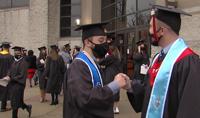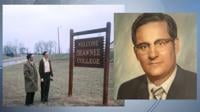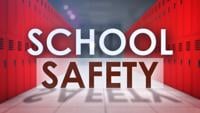CHARLESTON, MO (WSIL)---After dealing with teacher shortages and decreased enrollment, Charleston R-1 school district had to make some changes.
"We've had a lot of teacher turnover and like a lot of other schools in southeast Missouri, a lot of decreasing enrollment. So we were actually looking at absorbing some positions and maybe down the road and going to a K-6 7-12 and doing away with what was our 6th 7th and 8th grade set up," said Superintendent Jeremy Siebert.Â
Down the road will now be the 2022-2023 school year.
Charleston school district has three buildings, Elementary, Middle, and High School.
Pre-K through 3rd Grade will stay in the Elementary building.
4th, 5th, and 6th grade will be in the Middle School and 7th and 8th grade will be moved to the high school.
Administrators said this will give students more opportunities to learn.
"Drama classes to our high school students, more P.E. options to middle school, we can add STEM and STEAM to high school students and now we're able to add agriculture classes to our middle school," said 7 through 12 principal, Jamarcus Williams.Â
Moving elementary students around would provide what the school calls "much needed elbow room."
"We push collaboration, and if we're gonna push that we need the adequate climate where they're separate. And the difference between us and the 7 to 12 is in Elementary we like to keep our early childhood kids, up through 3rd grade, in a similar setting, and then have our upper elementary kids in similar setting because we are developmentally moving them along, preparing them for 7 to 12," said Adam Grindstaff, the Pre K through 6 principal.Â
Charleston High School alone was designed to hold 1,000 students. The redistribution plan would have 358 students in the building, well under capacity.
After watching other local schools use similar plans, Charleston believes this restructure will be successful.
"It's not like we're reinventing the wheel. We're just going in a different direction because of the circumstances of our enrollment, the teacher shortage, and just trying to be wiser with the taxpayer's money," said Siebert.Â














